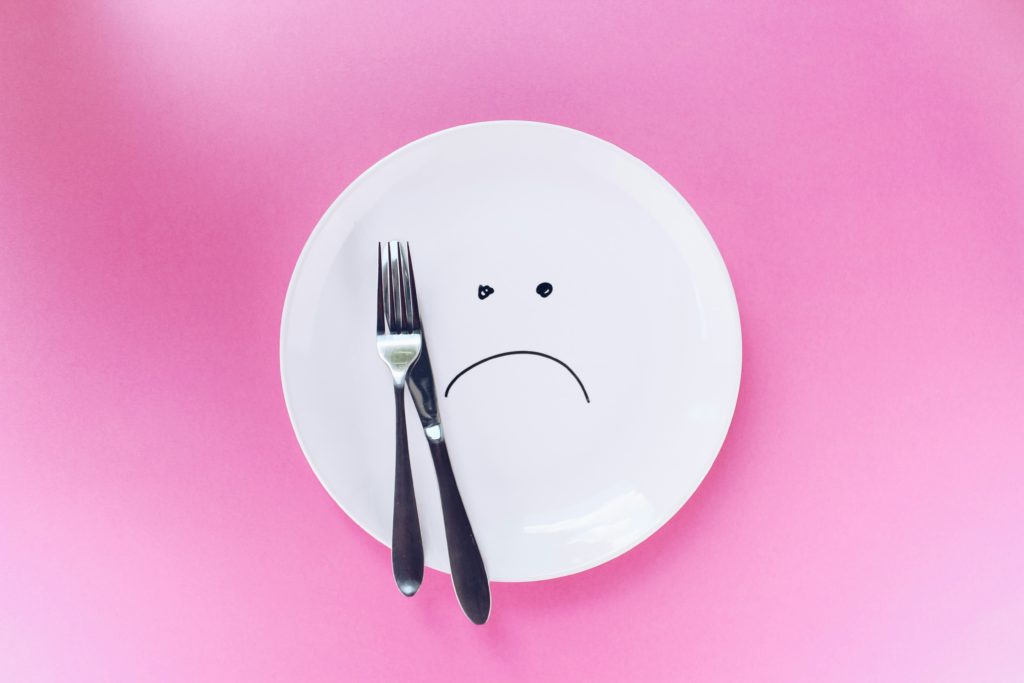
Breaking Down Health Myths: Debunking Common Misconceptions
The world of health and wellness is rife with myths and misconceptions that often influence lifestyle choices. Such misleading information has the potential to breed poor dietary patterns, negative functional […]
The world of health and wellness is rife with myths and misconceptions that often influence lifestyle choices. Such misleading information has the potential to breed poor dietary patterns, negative functional health habits and may even cause panic or anxiety among healthcare consumers. So, shall we have a friendly, honest conversation about the prevailing health myths?
To start: Carbs Are Bad
Let’s tackle a widely-held myth that carbs are bad for you. Despite this commonly held belief, carbohydrates are essential for a rounded, healthy diet. They provide the body with energy and fiber that aids in digestion and promotes overall well-being. The main concern here should be the type of carbs we consume. You want to opt for healthy options like whole grains, fruits, and legumes instead of highly processed and sugary foods.
Second on our list: Regular Detox
You should detox your body regularly is a myth. Our bodies are naturally designed with superb detoxification mechanisms such as the liver, kidneys, or even sweat glands. These organs continually work to filter out and eliminate toxins. Thus, the necessity for a ‘detox’ isn’t as dire as believed unless recommended by a healthcare professional. Instead, focus on nourishing your body with a healthy diet, ample hydration, and regular exercise.
Third on our list: Rapid Weight Loss
Another enduring myth involves weight loss and that you should lose weight rapidly for the best results. A long-lasting health journey isn’t about dropping pounds overnight but sustainable practices that can maintain your health over a lifetime. Rapid weight loss can often lead to muscle, bone, and water loss instead of fat. A steady weight loss of half a kilogram to one kilogram per week is considered healthier and more sustainable.
Fourth on our list: Skipping Meals
Related to weight loss is another myth that skipping meals can help you slim down. Unfortunately, this can lead to adverse effects like a slower metabolism, greater hunger pangs, and potential overeating in later meals. Balanced, regular meals and portion control are much better strategies for maintaining a healthy weight.
Fifth on our list: Only Meat has Protein
The myth is that protein is only found in meat and animal products. Legumes, nuts, grains, and soy products like tofu are all rich sources of protein. This myth that protein is exclusive to animal products is now widely debunked as a balanced plant-based diet can easily meet daily protein requirements.
Last on our list: Eight Glasses of Water a Day
Lastly, let’s discuss an ostensibly harmless myth that is the necessity for eight glasses of water a day. While hydration is key, there isn’t fixed science behind the ‘8 glasses a day’ rule. Hydration needs vary based on various factors including age, climate, physical activity, and individual health.
It’s essential to recognize that adopting health and dietary choices isn’t about following myths; it’s about understanding your body’s unique needs and nourishing it accordingly. Therefore, always cross-reference information from various reliable sources, and when in doubt, consult a healthcare professional.
Conclusively, misconceptions can add a layer of complexity and confusion to what should be our simple goal: to live healthy, happy lives. Getting past these myths and understanding the reality is a significant step forward in your health journey. Remember, good health doesn’t come from a one-size-fits-all approach but from a balanced, informed view of the many aspects that feed into our overall wellness.
Believe in better as you break these health myths one at a time. Wellness lived right is wellness served best. Let the truth lead your path!
Photo by Thought Catalog on Unsplash
Written by AI & Reviewed by Clinical Psychologist: Yoendry Torres, Psy.D.
Disclaimer: Please note that some blog posts may contain affiliate links and Sana Network will earn a commission if you purchase through those links at no additional cost to you. We use all of the products listed and recommend them because they are companies or products that I have found helpful and trustworthy. Our website is supported by our users.
